Let’s make sure we’re all understanding each other. I’m not talking about novels and plays and poems. And I’m definitely not talking about great novels and plays and poems. It’s pointless to tell people to write stuff like that. Even the ones who want to can’t. And of course, most people don’t even want to.
My topic is different. It’s books anybody could write. Every single thing I’m about to describe, you wouldn’t need any talent to produce it. You wouldn’t need any talent, and you wouldn’t need any understanding. All you’d have to do is stick with it. A little mimicry would help, but that’s really it. That’s why this list is good. Door’s wide open; everyone is invited. And you know what? You’d be producing something of value. At the very least, you yourself would value it. These are your models. Your versions will not be as good as these books. But they will be good just the same.
The Diary of Samuel Pepys
Everyone should write this thing. In the modern supremo-supremo version, pictured above, it’s eleven volumes. The last two are the reader’s guide and the index.
Here’s the deal. From 1660 to 1669, Samuel Pepys (pronounced “peeps”), who was a midlevel functionary for the British Navy, kept an exact record of everything he did or said or heard or saw or ate or hoped or stepped in. I mean everything. If he wets the bed, it’s in the diary. If he hears a rumor he doesn’t understand, it’s in the diary—and the fact he didn’t understand it. His wife walks in on him; it’s in the diary. Humiliations, exultations, being excited about a new friend—anything, everything, bad feelings, good feelings—it’s in the diary.
Dude doesn’t have an idea in his skull. He never philosophizes. His whole trick is he just gets everything down, ideally within hours of its happening, and he doesn’t do anything to doctor the picture to improve his self-image. That’s key. The level of honesty he attains probably owes everything to the fact he truly believed that no one—not one other soul in the universe, ever—was going to read these diary entries. That must have liberated him. The spirit in which he wrote was like he was a mad bibliographer with a vast collection of rare and oddball books of no use to anybody but him, but which he was cataloguing just for the pleasure of having all that information in one place.
Now, naturally, his diary has much more value than yours and mine could ever dreamably have. The decade of 1660 to 1669 was ridiculously eventful and not otherwise documented in this way: Pepys knew many important and interesting people; he was involved in affairs of state; also, he was a major sensualist, so he got into all kinds of erotic scrapes. But the main thing, from a literary perspective, that makes it hard to be Pepys is that bit about honestly putting down on the page what really happened and how he felt about it, no matter how awkward.
But couldn’t we just adopt Pepys’s M.O.? Keep a diary that’s not secretly for other people. Find a way to become engrossed in the facts about oneself.
Take a second and imagine what you would learn by doing this.
2. Aubrey’s Brief Lives
The image above is the new Oxford edition that just came out in 2015. It would take millennia to fully digest it. Two volumes, nineteen hundred pages—it even includes Aubrey’s sketches of coats of arms and I don’t know what all. But what is it?
The story is this. This guy, John Aubrey, pretty much same period as Pepys, kind of set out to do for everybody what Pepys was doing for himself. (Aubrey knew nothing about Pepys; I’m just saying.) The basic narrative is that Aubrey had the same mental disease as Pepys—I mean the irrepressible desire to catalogue things. Only, he didn’t care about getting himself down on the page; he wanted to get down the people he knew.
So he just kept this vast galaxy of notes on everybody. A lot of it is written up into wonderfully spontaneous paragraphs, but some of it really does look like very raw drafts, full of blank spaces he intended to fill-in later, and notes to himself saying he should remember to ask about this and that. Sometimes you feel like 6/7ths of it is gossip.
Like Pepys, he seems to have had an open and generous nature, and pretty much zero ideas—and every single day of my life I kick myself for not imitating him.
Again, think about how absorbing it would be keep track of all your friends’ life stories. Treat every single person like they might be of interest one day to scholars. Record every drop of gossip you hear about people. You don’t have to think anything; you don’t have to comment barely at all. Just the facts, ma’am. Keep it brief and lean and it’ll be great stuff. Leave yourself out.
3. Palgrave’s Golden Treasury
Palgrave’s Golden Treasury—the most influential anthology of British lyric poetry ever made. Came out in 1860-something. Its success was mainly owing to two factors: (1) the editors’ limpid and more-or-less boneheaded theory of lyric poetry, which set a premium on good lines at all costs, and (2) the fact that the book was reasonably short. There’s plenty to complain about, with regard to the selections, and complaints were many. But it didn’t matter.
My idea is everyone should make one of these, a personal anthology of one’s Gold Standards. Poems one returns to over and over, like one returns to favorite songs. In selecting the contents, there has to be absolutely no concession to fairness. If three quarters of the book is one poet, so be it. If one of the poems is seventy pages long, and none of the others are anything like that, so be it. If it’s all men, or all women, or all gay, or all straight—so be it. There has to be one operating principle behind the book: the poems you go back to. Nothing more, nothing less.
Michael Robbins told me Bill Knott used to do this. He’d make, like, his own Selected Poems of Thomas Hardy, based strictly on his own taste. Compile it, self-publish it, give it to friends. That is excellent. I would love to do a John Ashbery selection like that. The ones I love, irrespective of chronology, importance, Ashbery-ness….
But mainly I want to have a look at my friends’ Golden Treasury compilations. As long as the supreme editorial principle is adhered to, imagine how much I would learn about the compilers. Actually, now I think of it, this little project would be a cinch to engineer. Just do it all online.
4. Flaubert’s Dictionary of Received Ideas
Most people know what this is. Flaubert compiled it for years, was going to glue-gun it onto the end of Bouvard et Pécuchet. And it’s a dictionary all right, but instead of definitions it tells you what to say about any given topic, if you want to come off like a conventional French twit of the 1880s. So look up “moon” and it says “Induces melancholy. May be inhabited.” This kind of thing.
You don’t have to make a dictionary like that, but some kind of word list with personal commentary. The idea is to gain a more vivid understanding of one’s relationship to one’s word-hoard. Indeed, you could take the project in a lot of different directions simultaneously. Bierce’s The Devil’s Dictionary is like that. Some of the definitions are simply playful, no deviltry whatsoever.
I want to do one where the definitions are just humorously over-particular or metaphoric:
arrogate, vb. To stick one’s fork in the middle of the family ham and place the entire ham on one’s own plate.
5. The Pillow Book of Sei Shonagon
Just to refresh: I’m saying one should compose (1) a book about oneself, (2) a book about others, (3) an anthology of favorites, (4) a book about words, and now I’m adding (5) a book of lists.
The Pillow Book is not all lists, but it’s the lists that always make the biggest impression. “Things that give you a funny feeling in your stomach.” “Things that make you feel dirty.” “Subtle things that your lovers do when they’re taking their leave and it’s just so offensive.” I’m doing this from memory, but she has things almost exactly like this. I remember she had a list that was something to the effect of “Things that are just so fucken charming,” and two of the items were: “Someone has drawn a baby’s face on a melon” and “One of the page boys is trying to read but his long hair is getting in the way, so he tilts his head so the hair will hang out of his eyes.” (It should be mentioned the book was written in Japan in the eleventh century.)
Again, your book of lists won’t be as good as hers. Hers is a thousand years old; her personality is exquisite and Martian. That’s fine. It can never be repeated too often: these books I’m telling you to write are not for the world. They’re for you and maybe a few friends. Your kids, if you have any. You have to put the idea that you’re writing literature entirely out of your mind.
6. Li Zhi’s A Book to Burn
This last one, I’m cheating. A Book to Burn is not really what it should be. The story is that Li Zhi, late Ming philosopher and gadfly, wrote this book, thinking to enclose therein all his completely unacceptable views. For example, the idea that women are human beings and should be educated. Also that some kinds of Confucianism suck. He called the thing A Book to Burn, implying that if you were caught with it, you would be executed. And indeed he was himself arrested, was going to be put to death on account of having written it, but instead committed suicide in prison.
But, see, with a backstory like that, I was hoping for a set of aphoristic essays espousing ideas that are timelessly intolerable—not just intolerable in the year 1600 in China. I basically paged through the book agreeing with everything or not caring, which is to say the book did not speak to my concerns. I think I was looking for something more like Les 120 Journées de Sodome.
Have you given any thought to the 120 Days of Sodom lately? My philosophy professor at Penn State told us that Sade’s idea was to write a book one glance into which would entail eternal damnation for the reader. Open to any page, you’re going to hell. See, to me, that’s the spirit.
I keep saying I want us all to write these books with no thought for publication, not even posthumous, but here, the goal would be to write a book that you dare not publish….
So there are the six books we should all write, and only the last is an idea book. Write ’em all in caveman, please. Be brief, be blunt, begone.
Anthony Madrid lives in Victoria, Texas. His second book is Try Never. He is a correspondent for the Daily.
from The Paris Review https://ift.tt/2Jlv0Gl

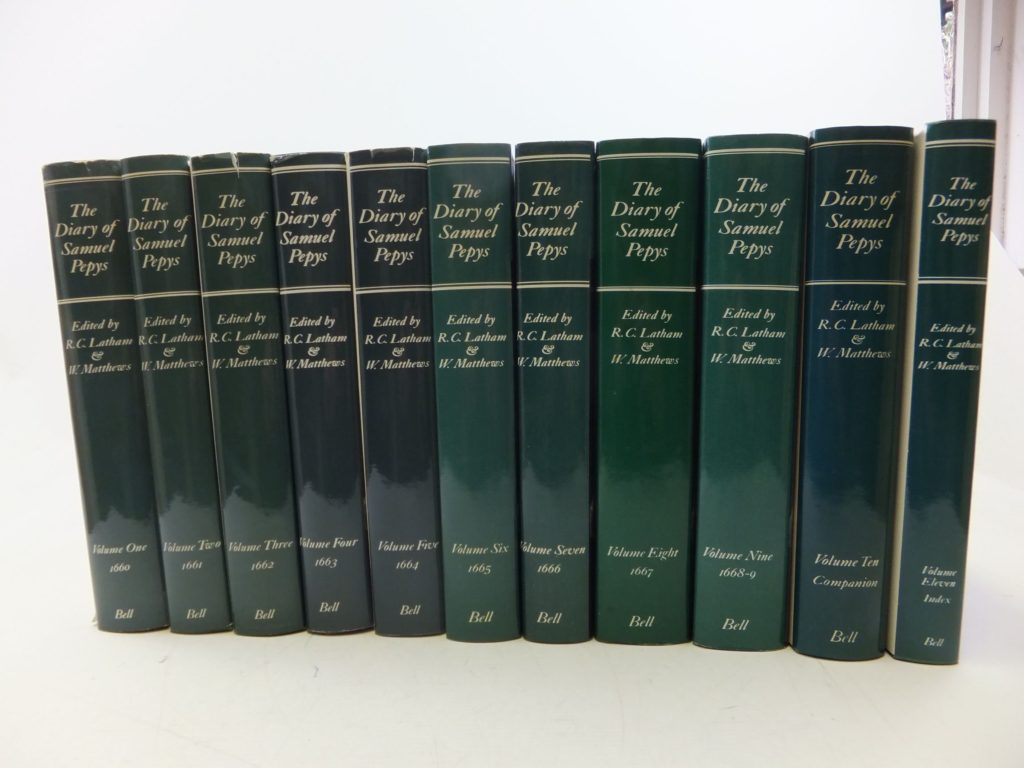
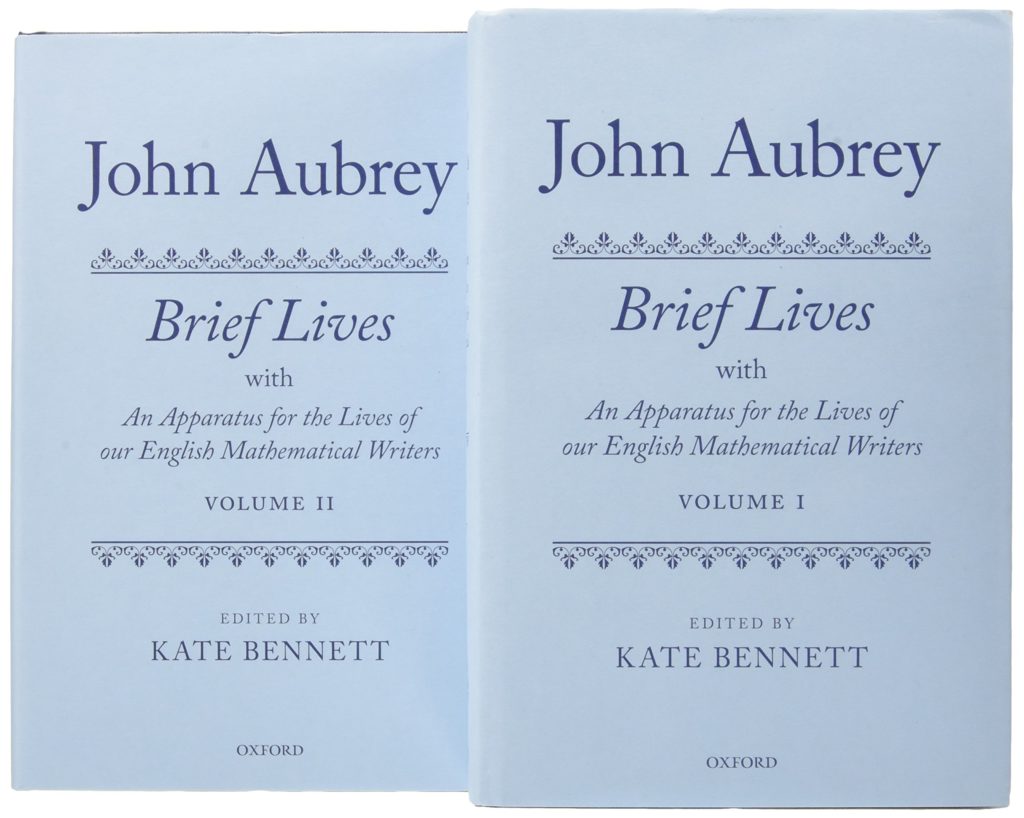
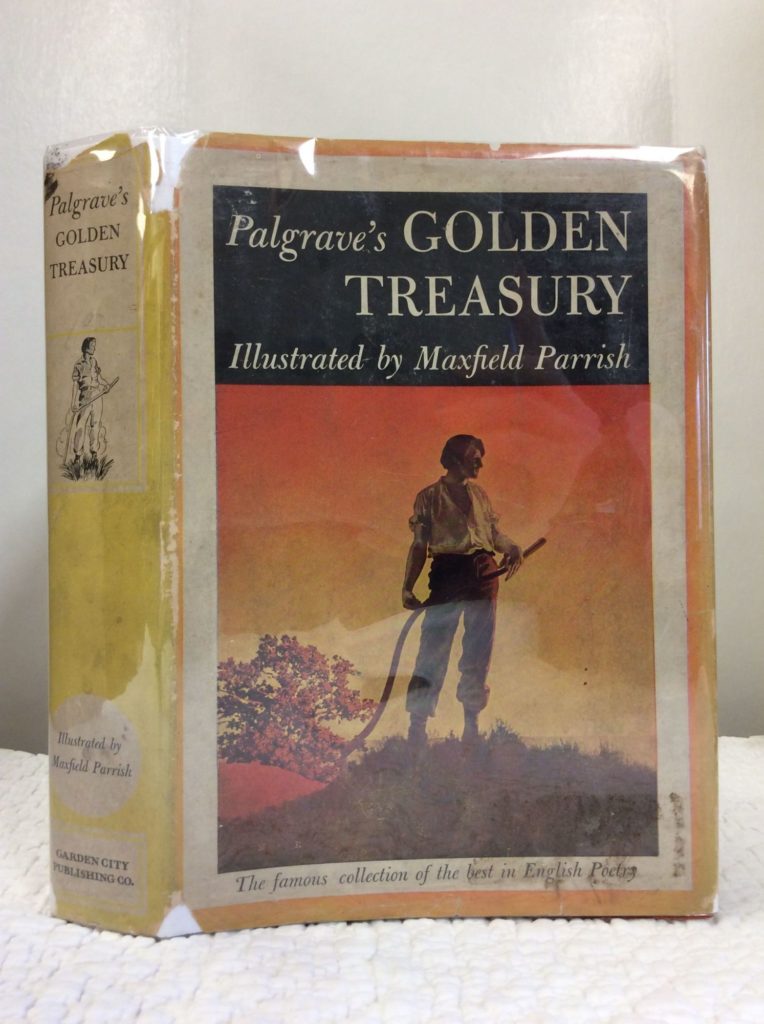
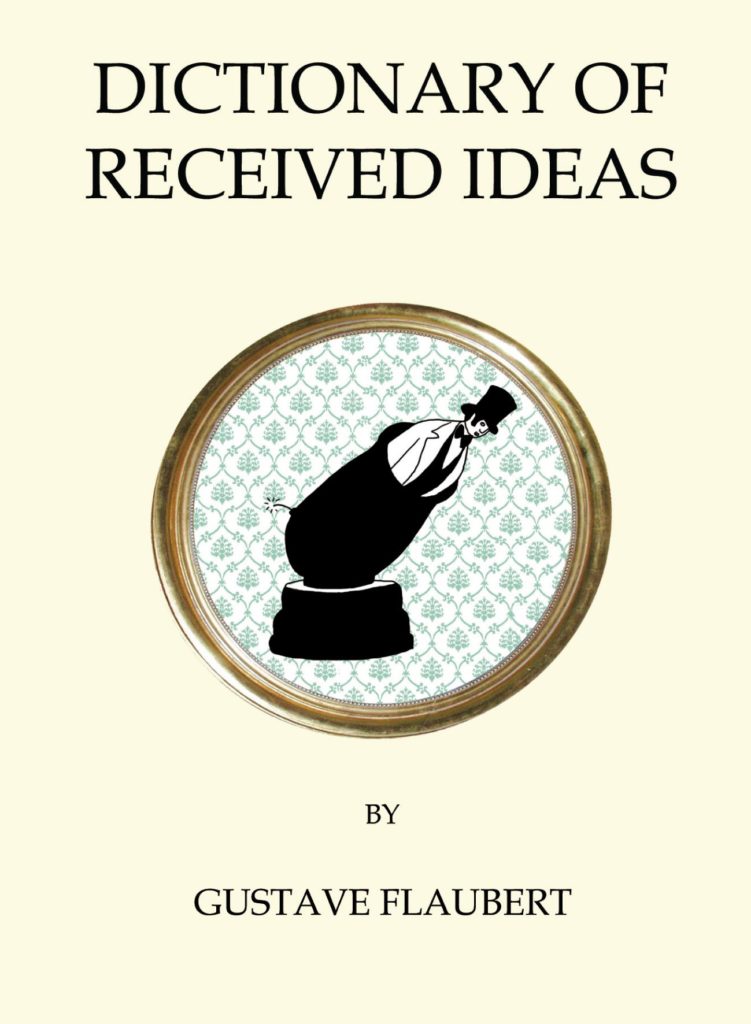
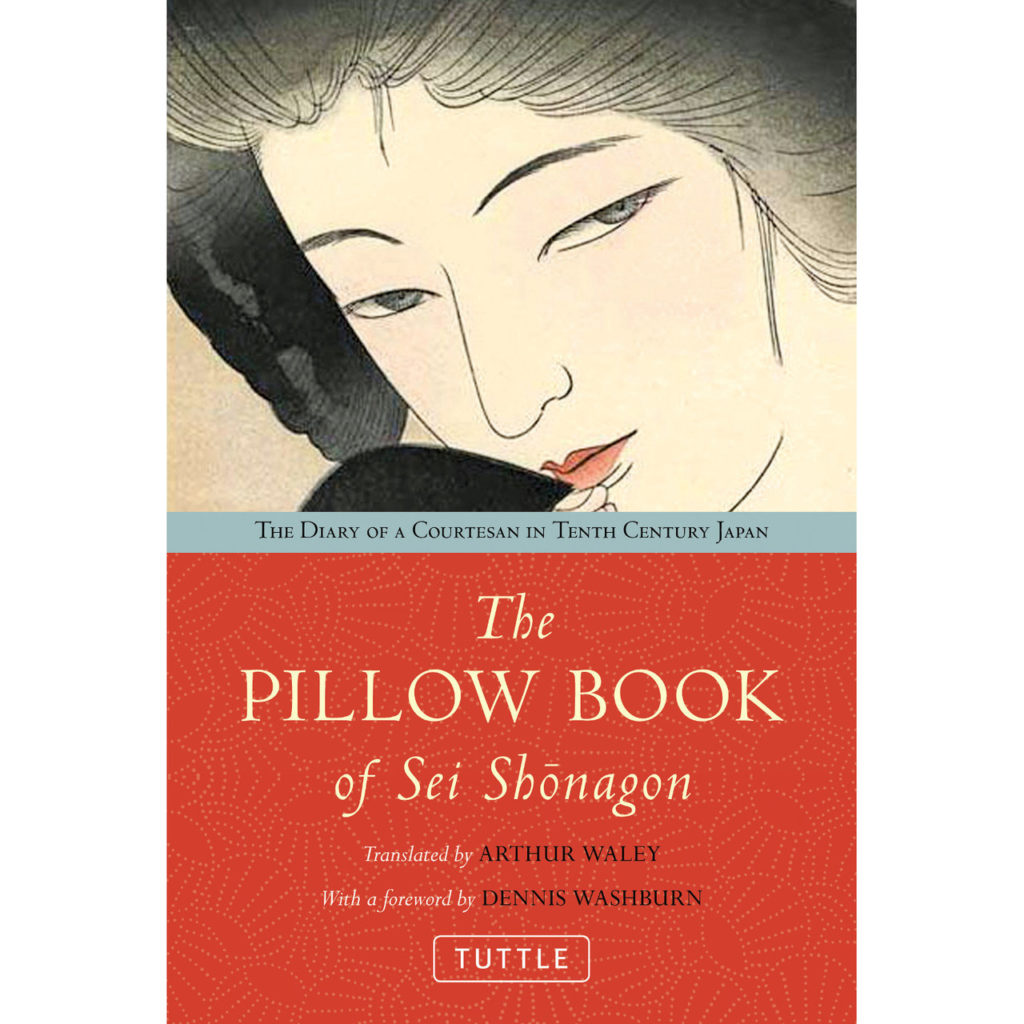
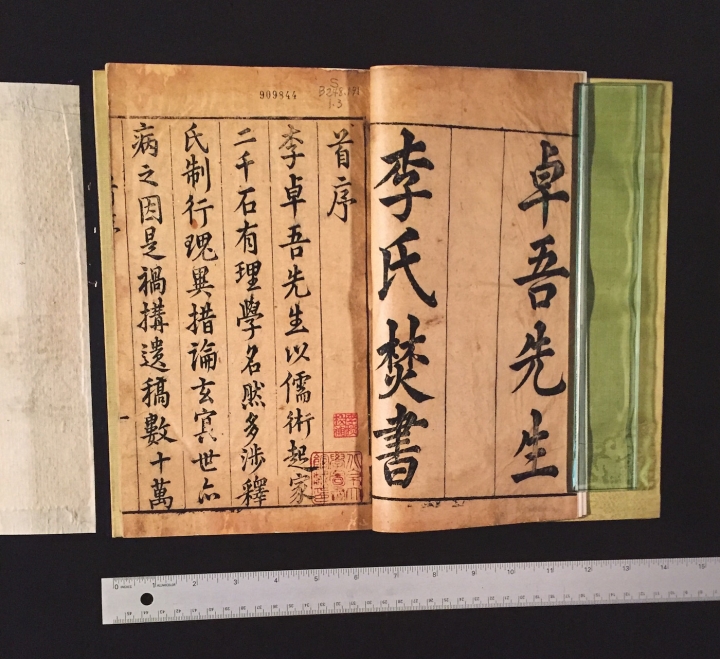
Comments
Post a Comment